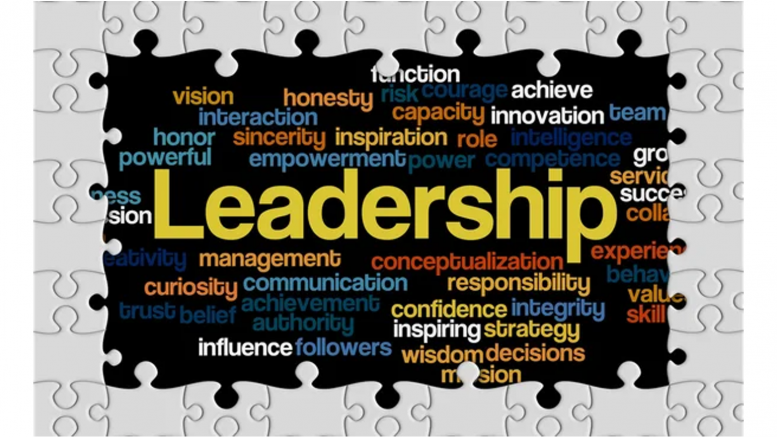Uber, one of the most popular mobility apps has witnessed many crisis.
Under former CEO Travis Kalanick, Uber was reported to have a highly toxic work environment. Allegations included sexual harassment, internal conflicts, and a lack of leadership empathy. The company also faced accusations of fostering a “win-at-all-costs” mentality, with internal power struggles and micromanagement being a common complaint.
Zomato has faced similar complaints about its high-pressure environment. Employees have reported being overworked, micromanaged, and facing unrealistic deadlines, which led to significant staff turnover.
Do you notice the common themes of micromanagement, internal conflicts, and lack of empathy? The above organisations while being successful have failed to create a work culture that empowers its employees.
So is the case with SEBI.
In times of internal strife, communication is critical in rebuilding trust, addressing concerns, and ultimately restoring morale. The allegations against SEBI’s leadership describe an environment of fear, micromanagement, and disrespect. Employees highlighted the constant use of harsh language, punitive policies, and impossible work targets, all of which have negatively impacted their mental health and overall work-life balance.
When Nadella took over as CEO in 2014, Microsoft had a reputation for a toxic, combative work environment. The company’s culture was described as “dog-eat-dog,” with internal rivalries, a lack of collaboration, and a win-at-all-costs mentality, which stifled innovation and employee satisfaction. The infamous “stack ranking” system, which pitted employees against each other, caused widespread resentment. This system contributed to a toxic culture of internal competition rather than teamwork.
Under Nadella, Microsoft saw a dramatic cultural turnaround. Employee engagement improved significantly, leading to a more collaborative, innovative work environment.
Continuing on the lessons learned from Microsoft and SEBI, here is what corporate communicators and leaders need to pay attention to:
4. Empathy as a Leadership Tool
At the core of Nadella’s transformation strategy was empathy. He modelled empathy in every interaction and made it a key value in Microsoft’s leadership framework. This contrasted sharply with the aggressive, competitive culture that had previously dominated the company. SEBI, on the other hand, faces accusations of a leadership style that involves public humiliation and verbal aggression, a direct contradiction to the empathy employees seek.
Lesson: Empathy should be at the heart of leadership, especially during times of crisis. Leaders who genuinely care for their employees’ well-being foster loyalty, creativity, and collaboration. Organisations that prioritise empathy are better positioned to retain talent and build a positive work environment.
5. Build an Inclusive and Collaborative Environment
Nadella’s cultural overhaul at Microsoft also focused on inclusivity and collaboration, breaking down internal silos and encouraging teamwork. SEBI could adopt a similar approach by promoting policies that incentivised teamwork and reduce hierarchical barriers.
Lesson: Inclusivity and collaboration are essential for rebuilding a fractured organisational culture. Encouraging cross-functional teamwork and ensuring diverse perspectives are valued help create a more harmonious and innovative work environment.
Conclusion
Both SEBI and Microsoft faced crises rooted in toxic work cultures, but their approaches and outcomes have been markedly different. While SEBI has struggled to quell employee unrest with vague and defensive communication, Microsoft’s leadership under Satya Nadella demonstrated how empathy, open dialogue, and actionable reforms can successfully transform an organisation. The key lessons from Microsoft’s turnaround provide a clear pathway for SEBI or any organisation facing similar challenges: acknowledge the problem, listen to employees, take tangible actions, and lead with empathy.
The views and opinions published here belong to the author and do not necessarily reflect the views and opinions of the publisher.



Be the first to comment on "Leadership in Crisis: What SEBI Can Learn from Microsoft’s Cultural Transformation -Part II"